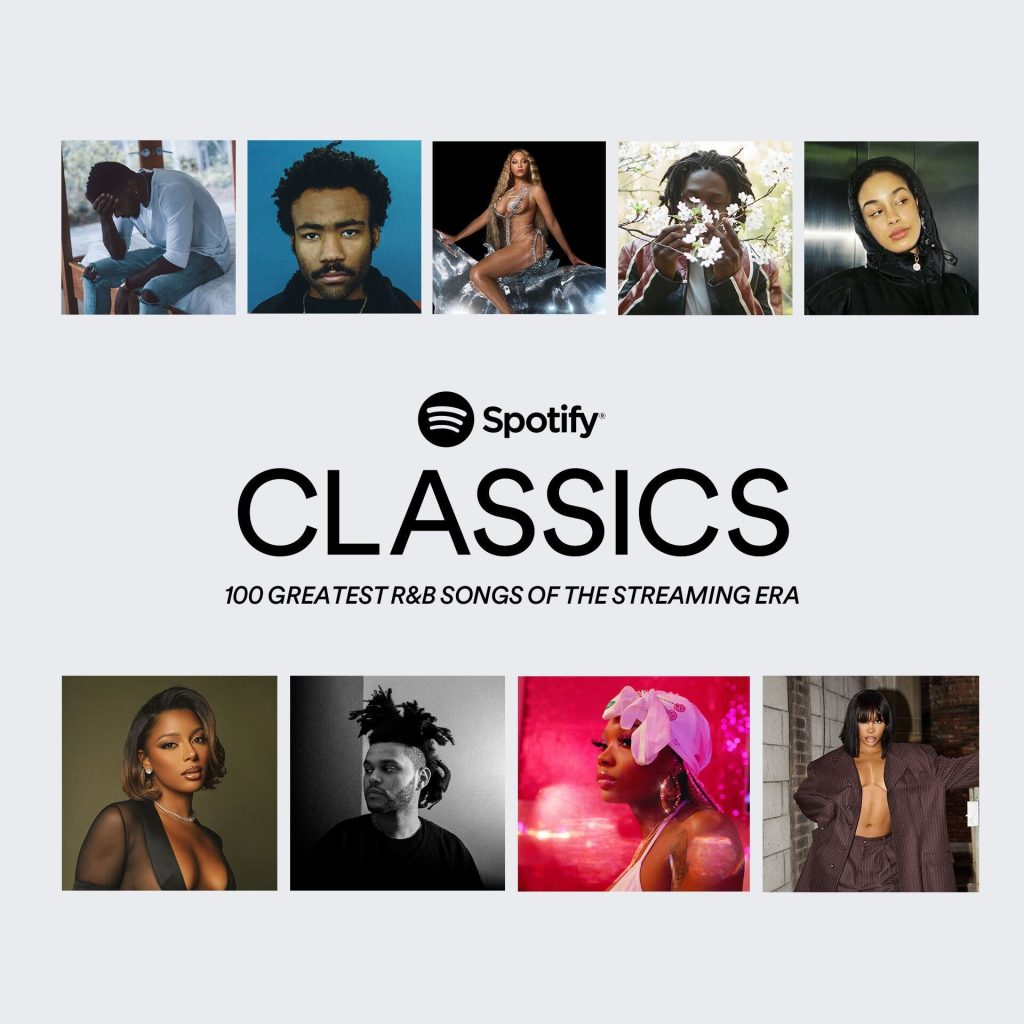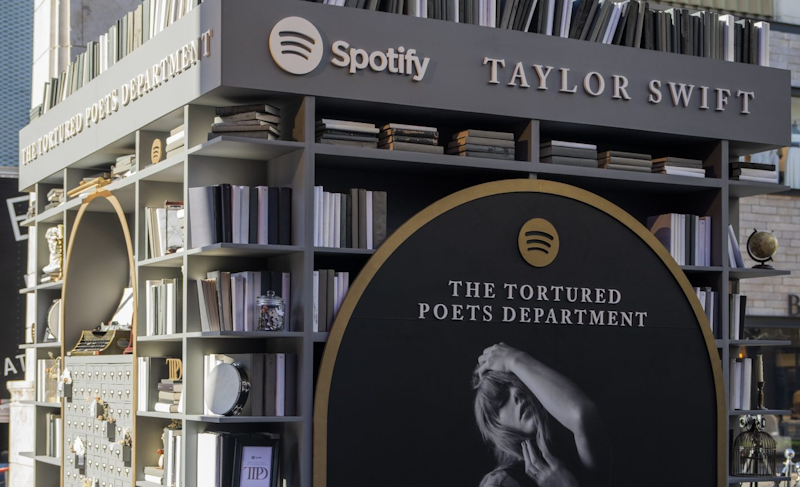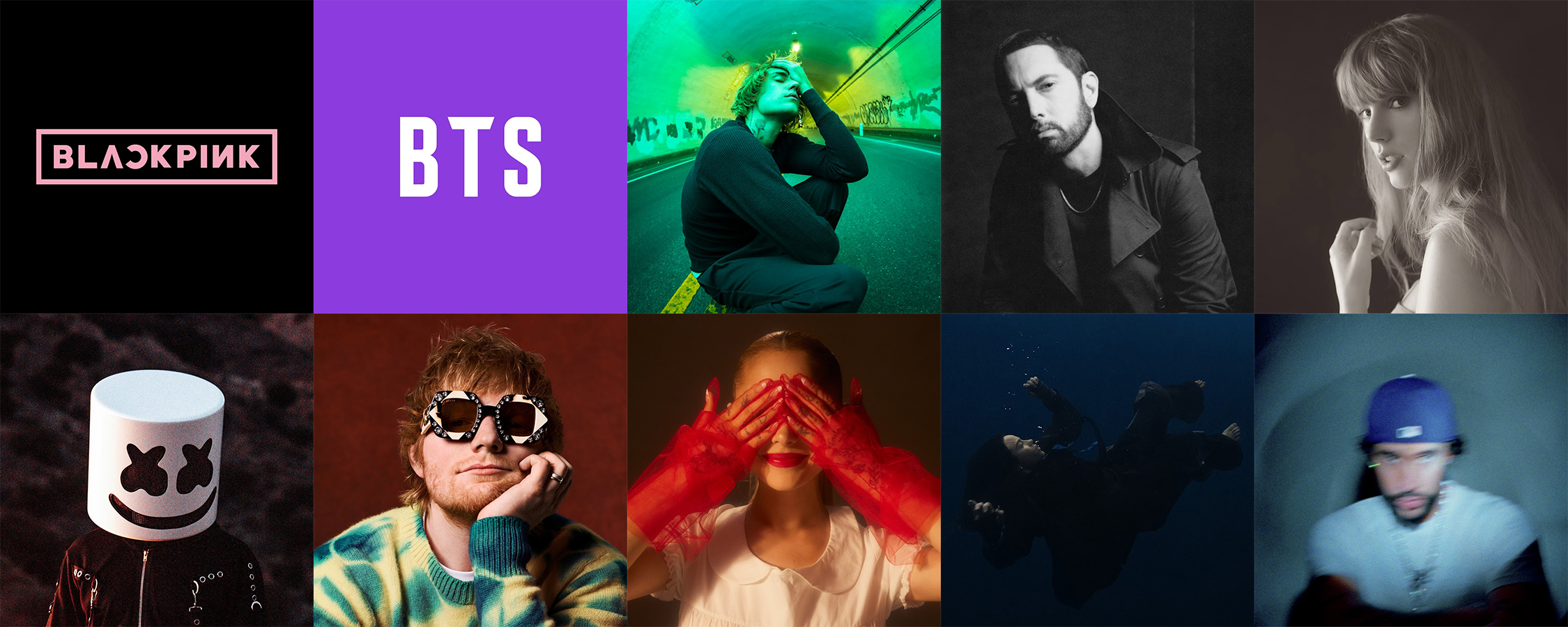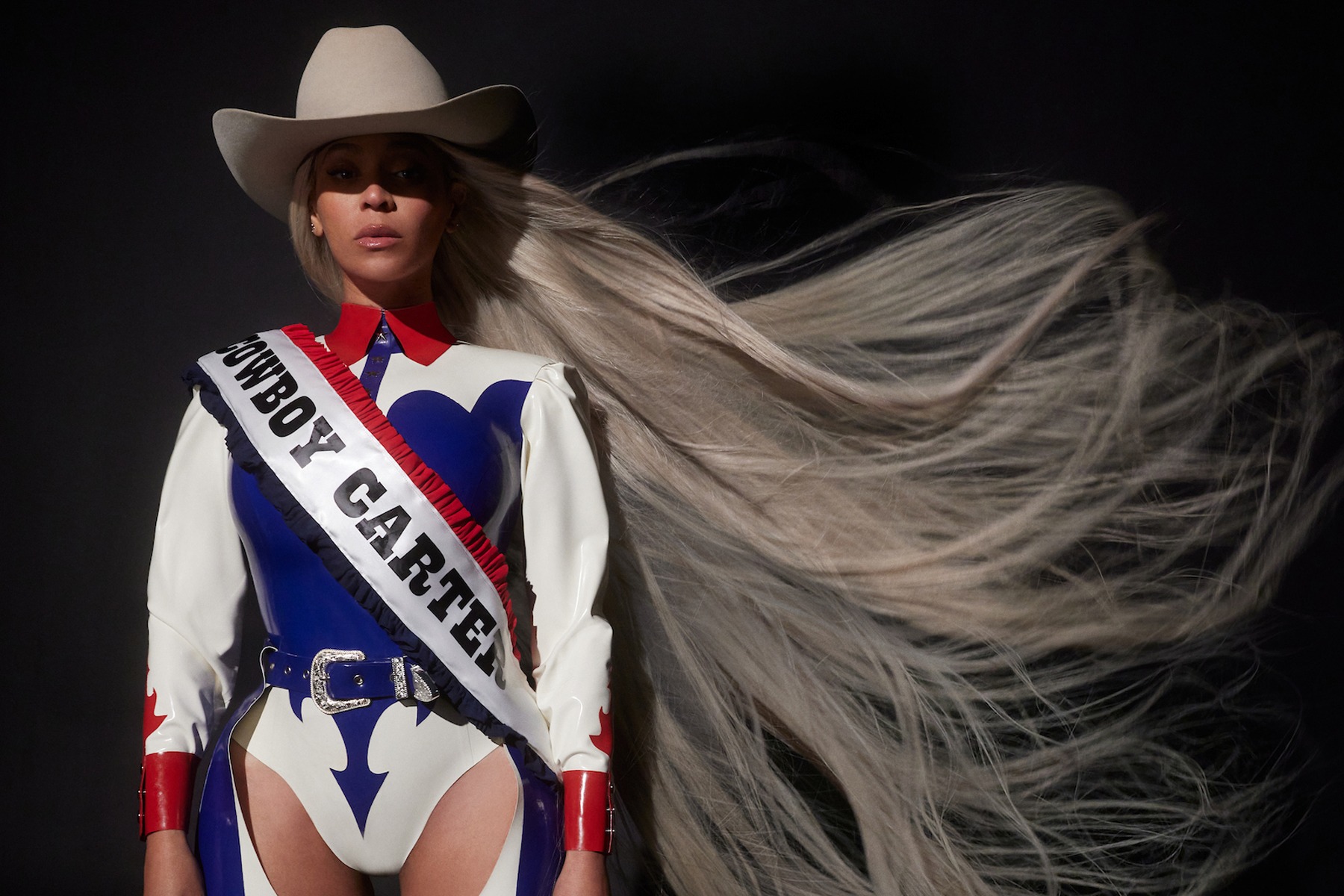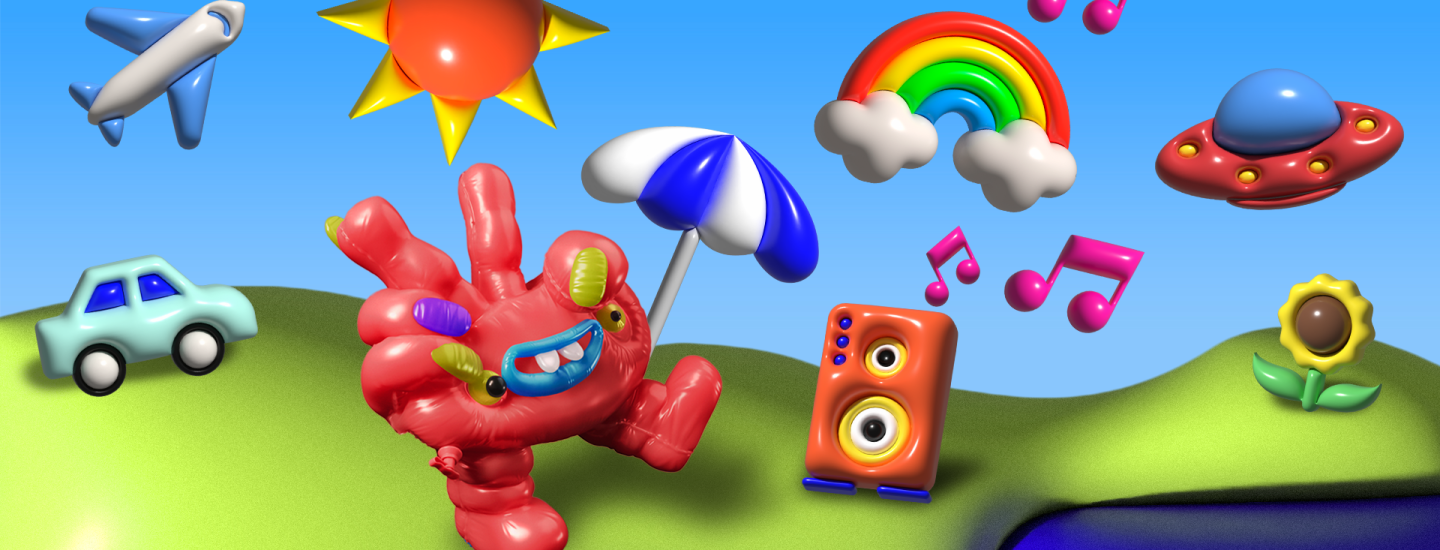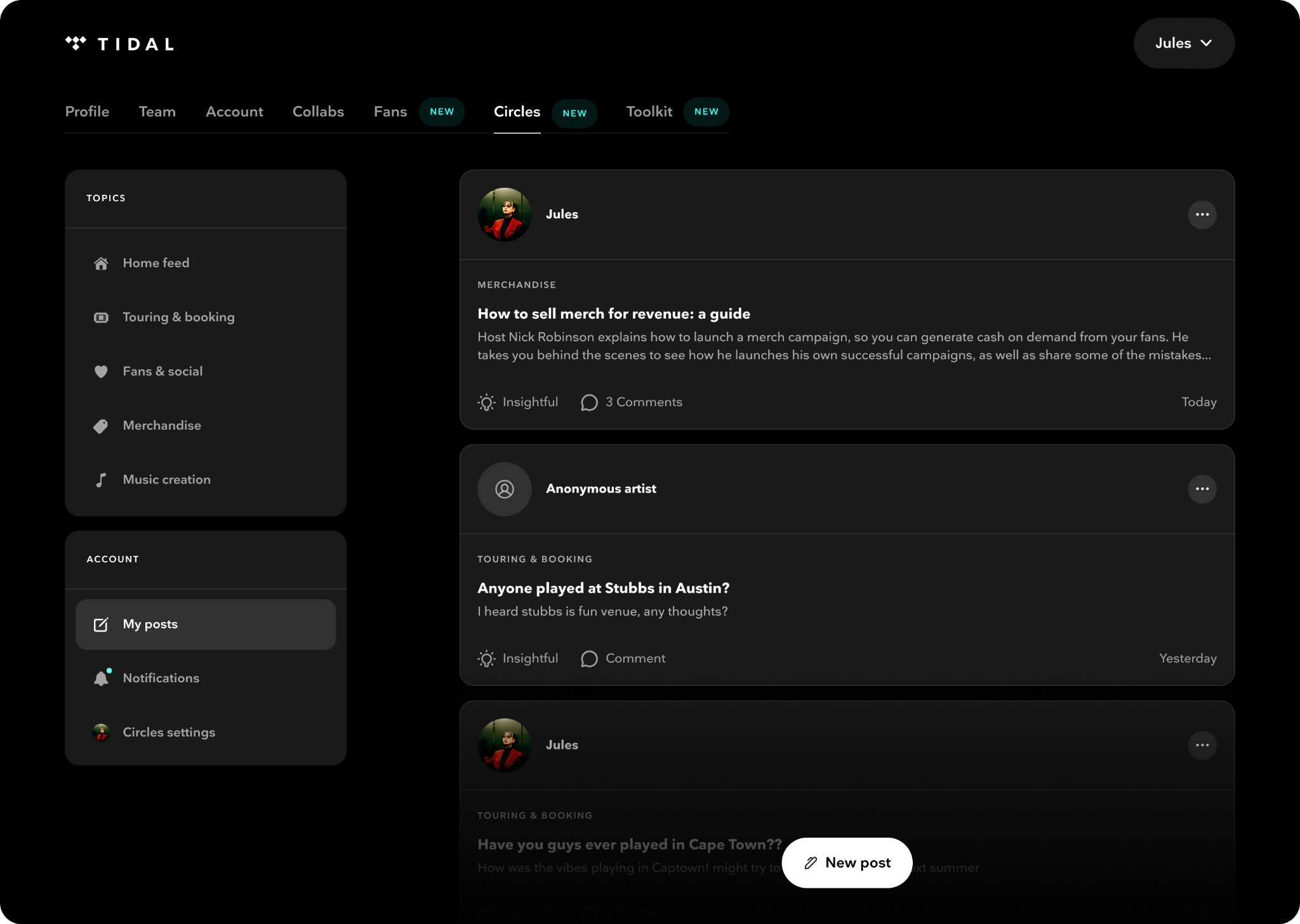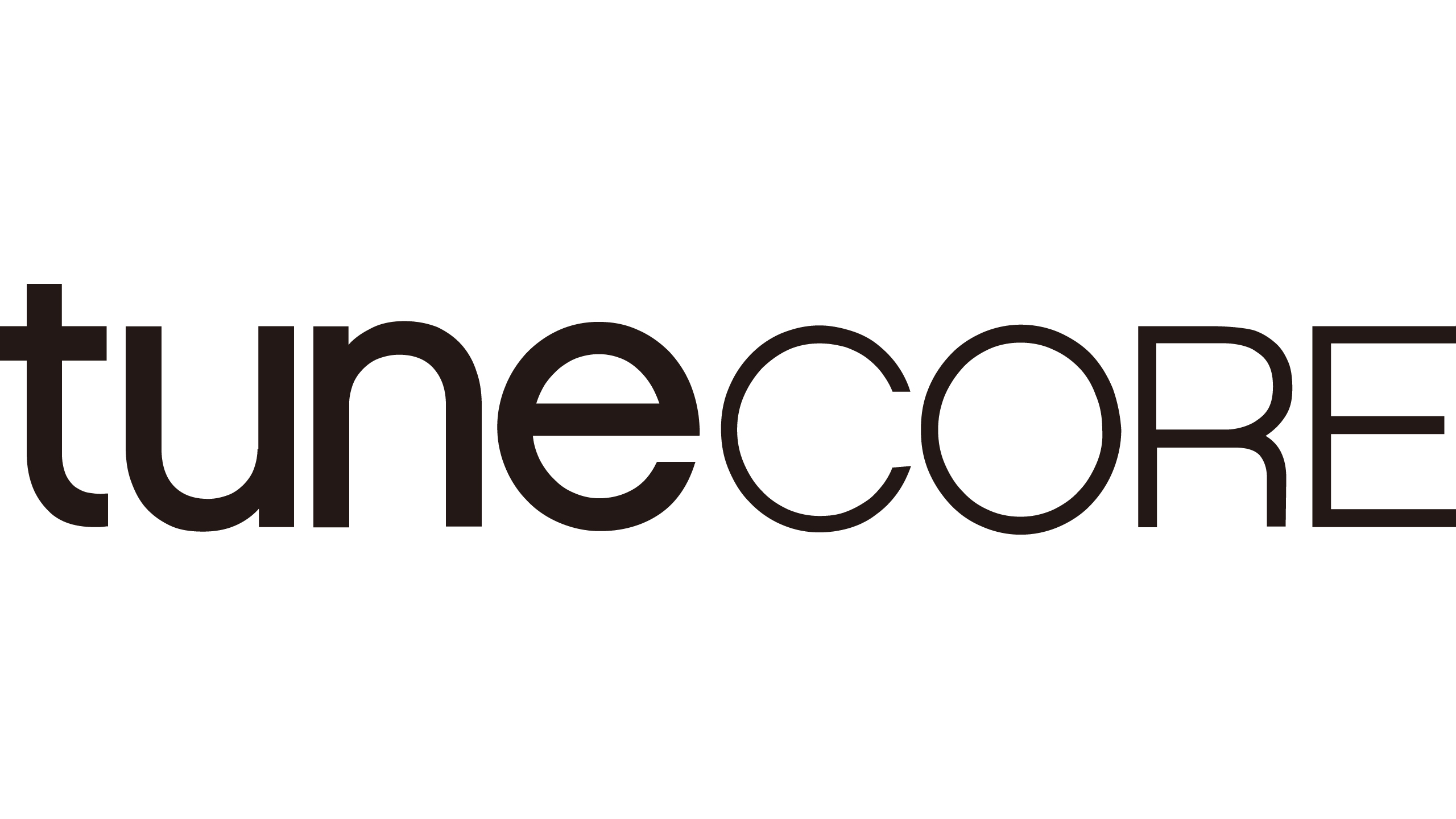Spotify have collected the very best of R&B since 2015 to collect the ultimate songs…
Category: Artist / Label News
Just weeks after Beyoncé broke records with 'Cowboy Carter', Taylor Swift stepped in to snatch…
Here are the top ten all-time most subscribed Official Artist Channels around the world on…
Queen Bey makes historic debut with her first country album: Cowboy Carter breaks records on…
The IFPI have revealed the albums that were streamed the most across all music streaming…
The IFPI have published the Global Vinyl Album Chart for 2023, revealing the 20 physical…
The Southern Hemisphere have just enjoyed their summer and Spotify have revealed the music that's…
Independent artists have increased their market share in UK music for the sixth year in…
TIDAL are bringing artists together with a new spot to hang out, discuss experiences, learn…
TuneCore and RouteNote offer distribution of artists to major stores, but TuneCore cannot compete with…
